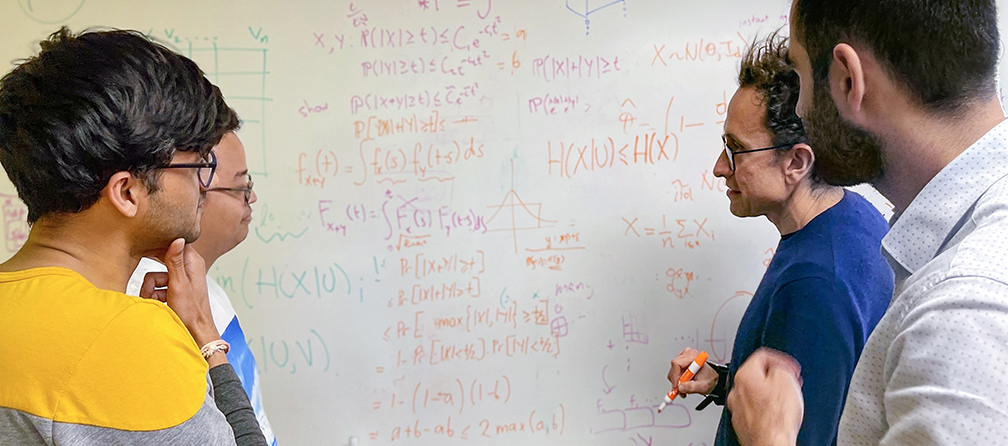Nearly every analytic and ML pipeline spends more energy hauling entropy than learning from it. At Granica we frame the research question this way: If you can compress data to within a breath of the Shannon limit, can the compression step itself teach the system enough semantics that storage becomes a reasoning organ? Our answer is E∑L. In the ∑ step, incoming exabytes are squeezed, but also augmented with learned signal. Outcomes being that cost is now bounded by residual uncertainty, not by the number of bytes you can brute-force through a cluster.
That substrate unlocks a family of frontier problems: loss-bounded compression that preserves analytic fidelity; sub-millisecond subselection that skips 99.9% of blocks; generative augmentation for rare-event inference; retrieval and indexing that exploit grid-aware attention; and probabilistic execution plans with deterministic fallbacks, all under continual learning from live traffic.
